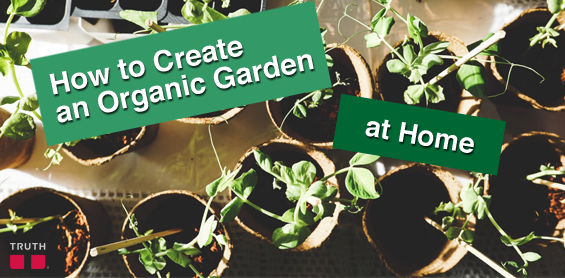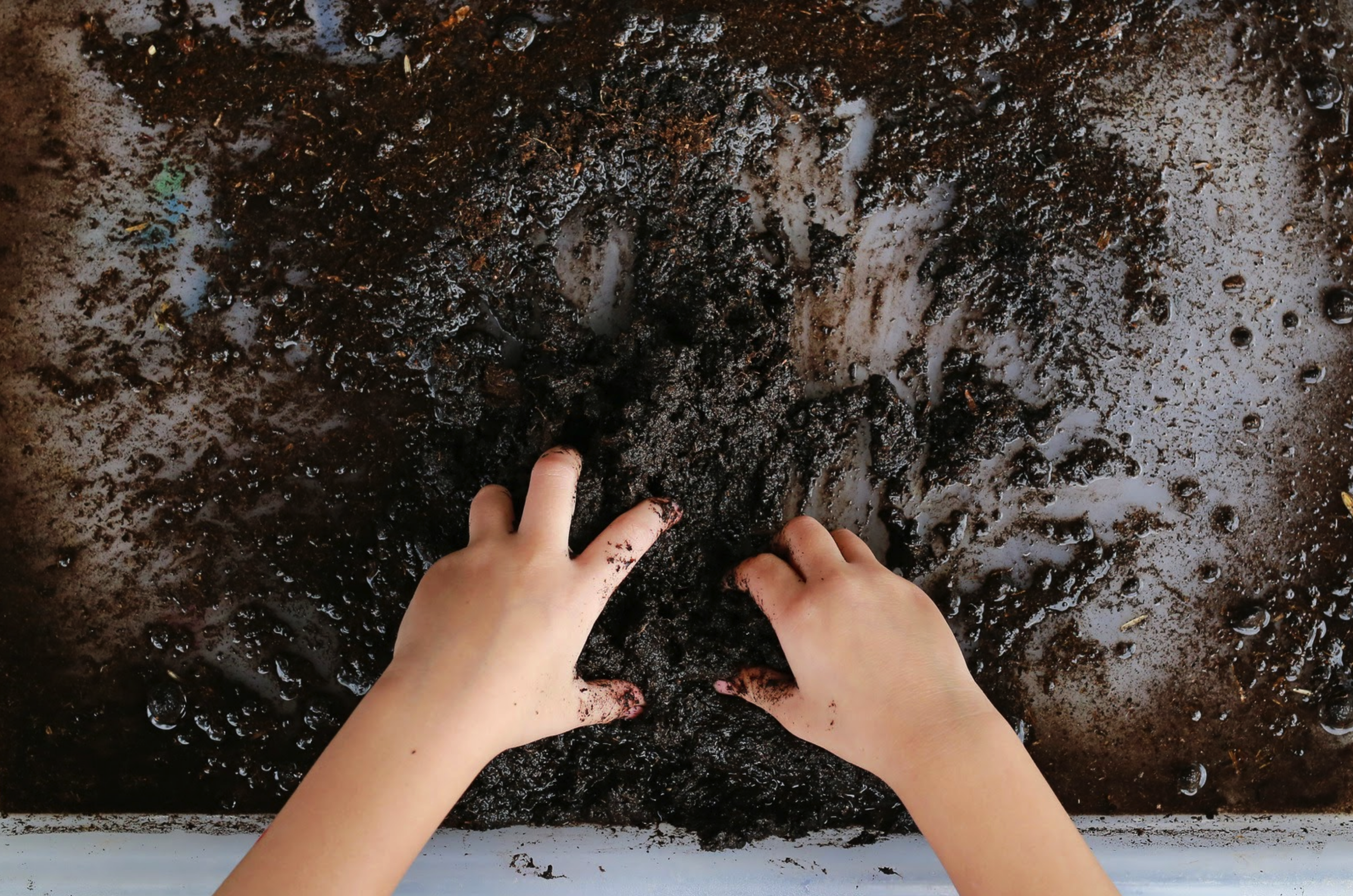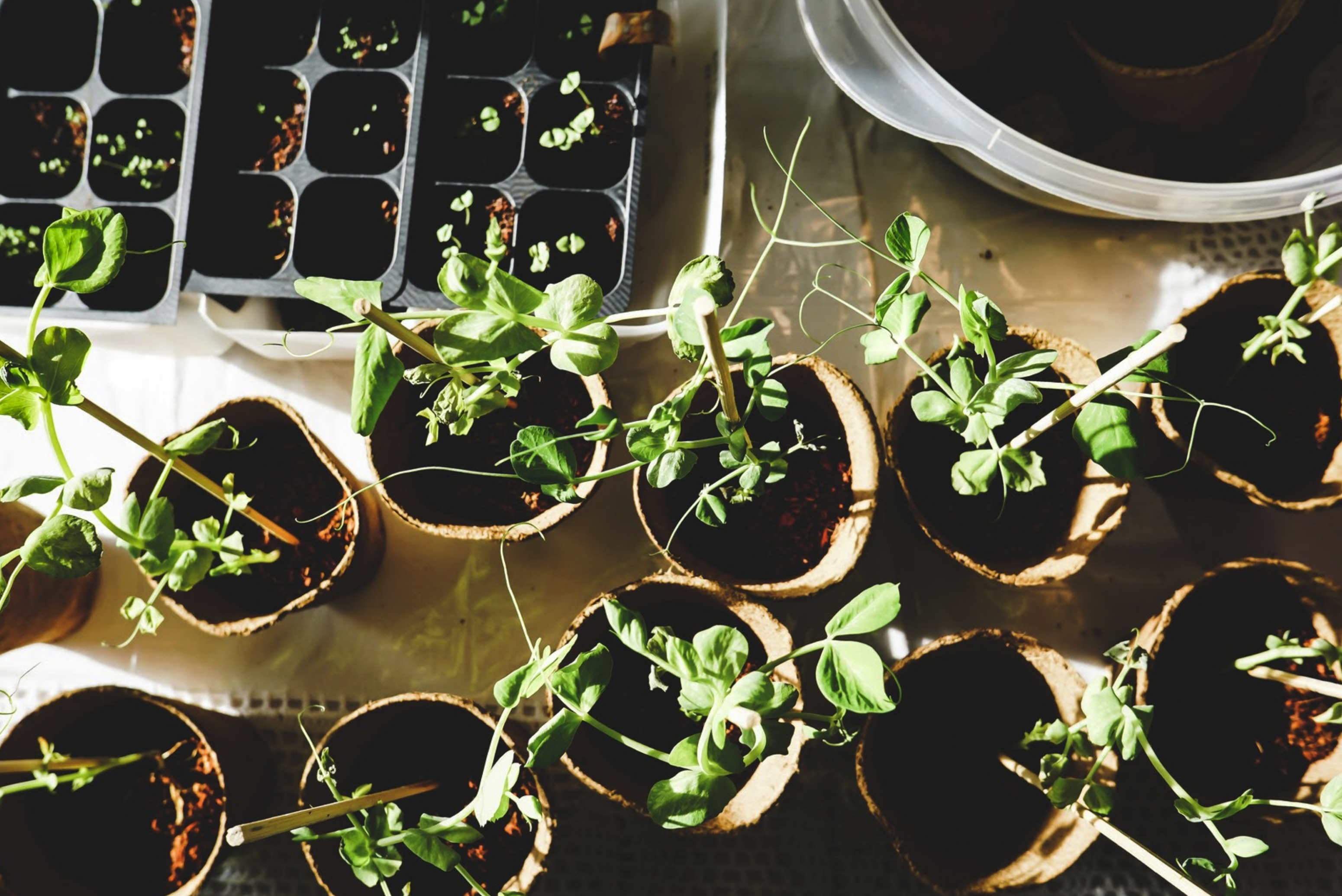Create an Organic Garden at Home
Having an organic garden is a great step forward to living an organic and eco-friendly lifestyle. Not only is organic often the healthier option, but it can be done in your own home.
Fortunately, starting your own organic garden at home is manageable. You can grow fruits, vegetables, flowers, and herbs without the use of pesticides and fertilizers that can contain harmful chemicals. Once you go organic, you’ll be happy you did.
Steps to Start an Organic Garden at Home
Starting your own organic garden is easier than you think. You’ll be amazed by the healthy and tasty plants you will be able to grow. By following these steps, you will be on your way to living an organic lifestyle.
1. Start a Compost
Starting your compost is a good way to begin an organic garden. Composting can easily be done at your own home and it will provide your soil with rich nutrients. In addition to being a free alternative to store-bought fertilizer, it also keeps your food and yard scraps out of landfills.
Your compost should include nitrogen and carbon-rich organic waste. It can be mixed into soil or spread around your plants.
2. Prepare the Soil
Good soil is key to healthy plants. You want to make sure your soil has all the proper nutrients that will allow your plants to strive, especially if you are growing fruits and vegetables. If you can, get your soil tested to see what the pH balance level is and to see if it is lacking any nutrients.
Make sure your soil has plenty of humus, which is organic matter. The best option for your soil is to mix in compost, leaf and grass clippings and manure.
It is best to get local manure. Ideally, it should be composted unless you aren’t going to be planting or harvesting anything until two months after applying it.
3. Choose Your Plants
Once you have your compost going and have prepared your soil, you can choose your plants. Make sure to choose plants that will grow well based on your environment. You can plant organically-grown plants or seeds.
Most farmers’ markets and some local nurseries will sell organic plants and seeds. Be sure to follow the care instructions the plants come with to make sure they get the right water and light. Peppers, tomatoes, green beans, sweet potatoes, blueberries, squash, and citronella are some of the best plants to start within your organic garden.
4. Planting and Maintaining Your Garden
Plants that you are going to harvest should be planted in tightly grouped beds. This will reduce weeds, water waste, and lower the chances of disease. Established plants should be watered around 1-2 times a week and it is best done in the morning.
Keep your garden clear of weeds by either hand picking them or using organic mulch mixed with burlap. If you are having trouble with bugs and other pests, you can sprinkle diatomaceous earth in your garden. You can also use nets, garlic, horticultural oils, and insecticidal soaps to keep pests at bay.
Going Organic
Now you are ready to start a vegan diet and be able to prepare all kinds of healthy meals. Going organic can be easier than you think. Not only is it a healthy, environmentally friendly option, but it can often be less expensive having your own organic garden.



